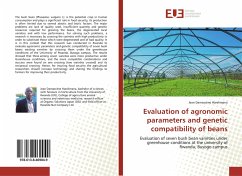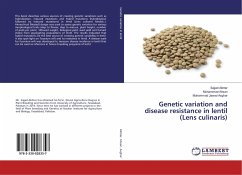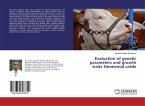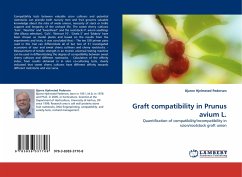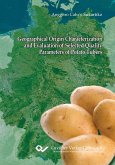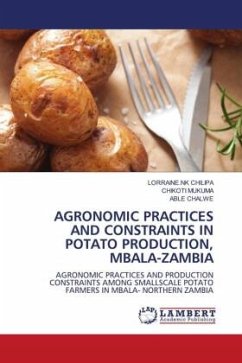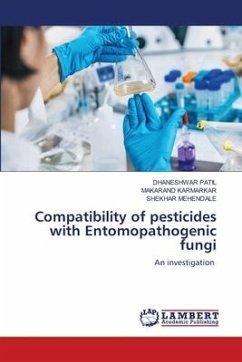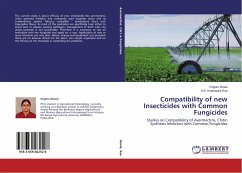The bush bean (Phaseolus vulgaris L) is the potential crop in human consumption and plays a significant role in food security, its production is often limited due to several abiotic and biotic factors. The major problems are lack of quality seed, insufficient quantity and genetic resources required for growing the beans, the degenerated local varieties and with low performance. For solving such problems, a research is necessary by crossing the varieties with high productivity in order to substitute those which were degenerated and of bad quality. It is in this context that this research was conducted in Rwanda to evaluate agronomic parameters and genetic compatibility of seven bush beans existing varieties by crossing them under the greenhouse conditions of the University of Rwanda, Busogo campus. The results showed that three among seven varieties were more productive under Greenhouse conditions, and the more compatible combinations and success were found on one crossing (two varieties crossed) and its reciprocal crossing. Hence, for insuring food security the agricultural researchers should increase technology and sharing the findings to farmers for improving their productivity.
Bitte wählen Sie Ihr Anliegen aus.
Rechnungen
Retourenschein anfordern
Bestellstatus
Storno

